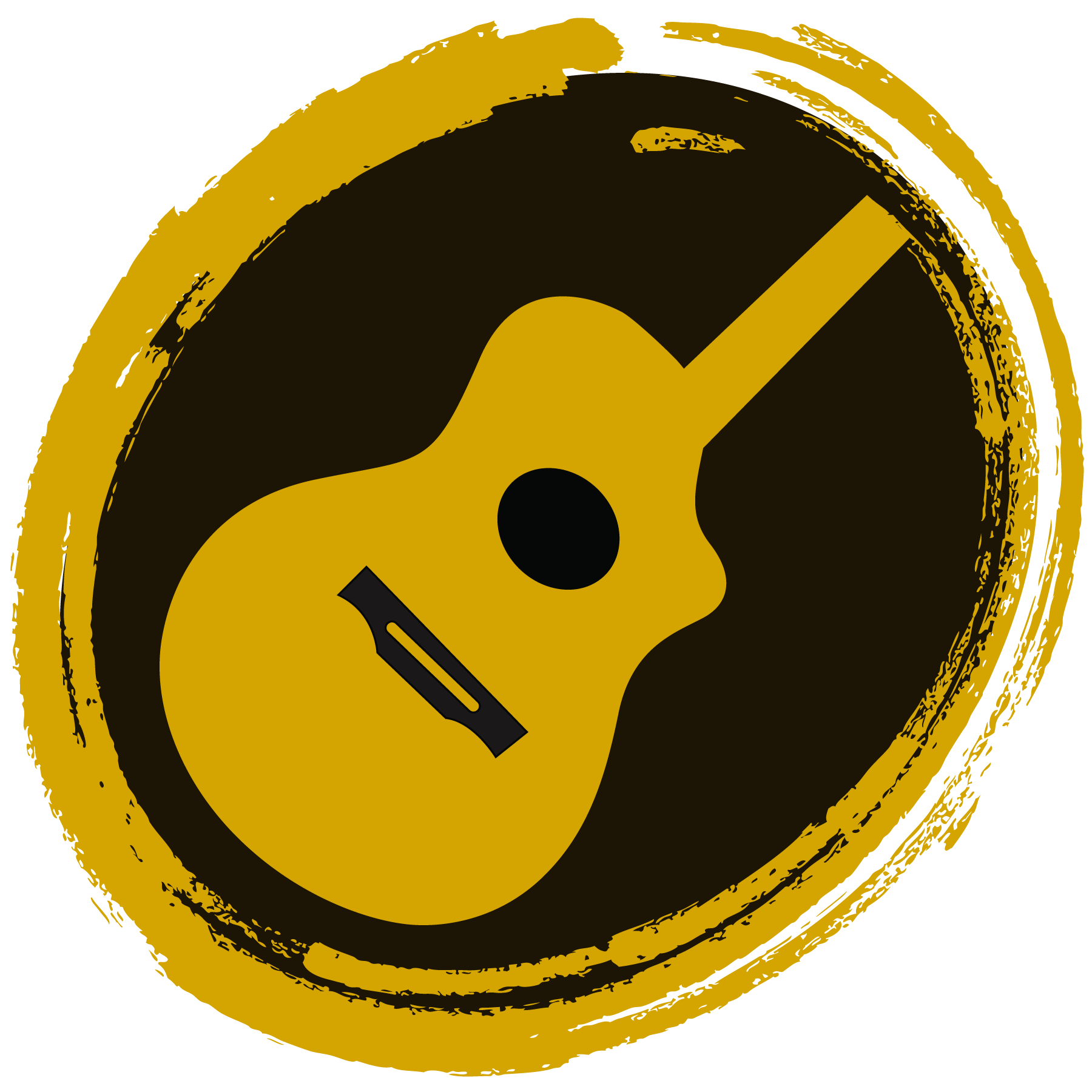I’ve been learning for the past 6 months or so, but I’ve only really played using Neural DSP and nothing else. I have no idea how to adjust amp/effect settings to make a good tone, with either analogue or simulated equipment, so I mostly just use the presets. I usually am playing through Archtypes Cory Wong, Plini, or Gojira. I’ve searched for tutorials but usually they just explain what every knob/setting does, they don’t really explain how to make it sound good lol. Any points in the right direction would be much appreciated =)
Playing around with different cab IRs was key for me to finding the best tones. Blending multiple IRs can be great too.
I use a pack where the SM57 IR is a bit too harsh and the R121 IR is a bit too boomy. Together they’re beautiful.
Getting the appropriate input level is key too. From there, tweaking EQ can help a good amount.
I’d also recommend, if you’ve not already, trying out the Neural Amp Modeler. It’s a bit like a Kemper Profiler but open source and plugin based. There’s a website called Tonehunt full of captures by the community. There are some great options for tone there!
I’d also like to add that maybe the Tone pack/plugin/program just isn’t going to give what you want. I was all about BiasFX for years because it was easy to use, but to really get the tone I wanted I just had to double track essentially and have the program opened twice. Before I tried every setting and making sure I didn’t accidentally have the output in stereo but everything was there. This is where the Cab IRs everyone mentions might have come in handy.
But the I started using Line 6 Metallurgy plugins and man. I’ve never heard a plugin sound so close to a analog fuzzy orange Doom tone. Shop around and take advantage of free trials.
As a general suggestion, tones people (me for sure included) sculpt when playing by themselves tend to make things sound muddy when playing with other instruments due to overlapping frequencies. To combat this, dial back the highs and especially the lows. It’ll sound kind of thin on its own, but that’s what the other instruments are for.
A good way to figure out how to come up with your own tones is to pick a few presets in one of the Neural Archetypes that you really like and a few that you don’t like. Try to find the commonalities between them. Just as examples, maybe the ones you like have a lot of gain or highs and maybe the ones you don’t all have a flanger on them.
A “good” sound is entirely subjective and dependent on the genre you’re playing. Can you give some examples of sounds you’re trying to create?
The biggest thing for me was learning how gain staging works and getting all the levels set properly between my interface, daw, and amp software. Once I figured out that baseline, I was able to start finding a lot more sounds I was happy with.
Frankly, it’s a lot of tinkering. However, my “ah ha” moment happened when I started paying with the cabinet IRs. While not a surefire way to make things sound “good” it can be a definitely be responsible for why your sound sucks.

